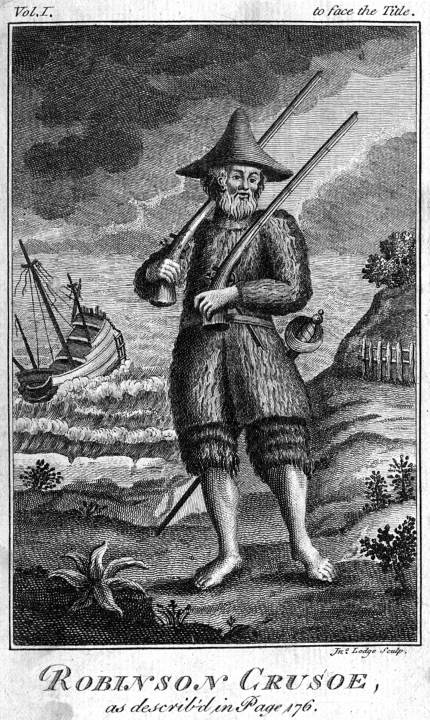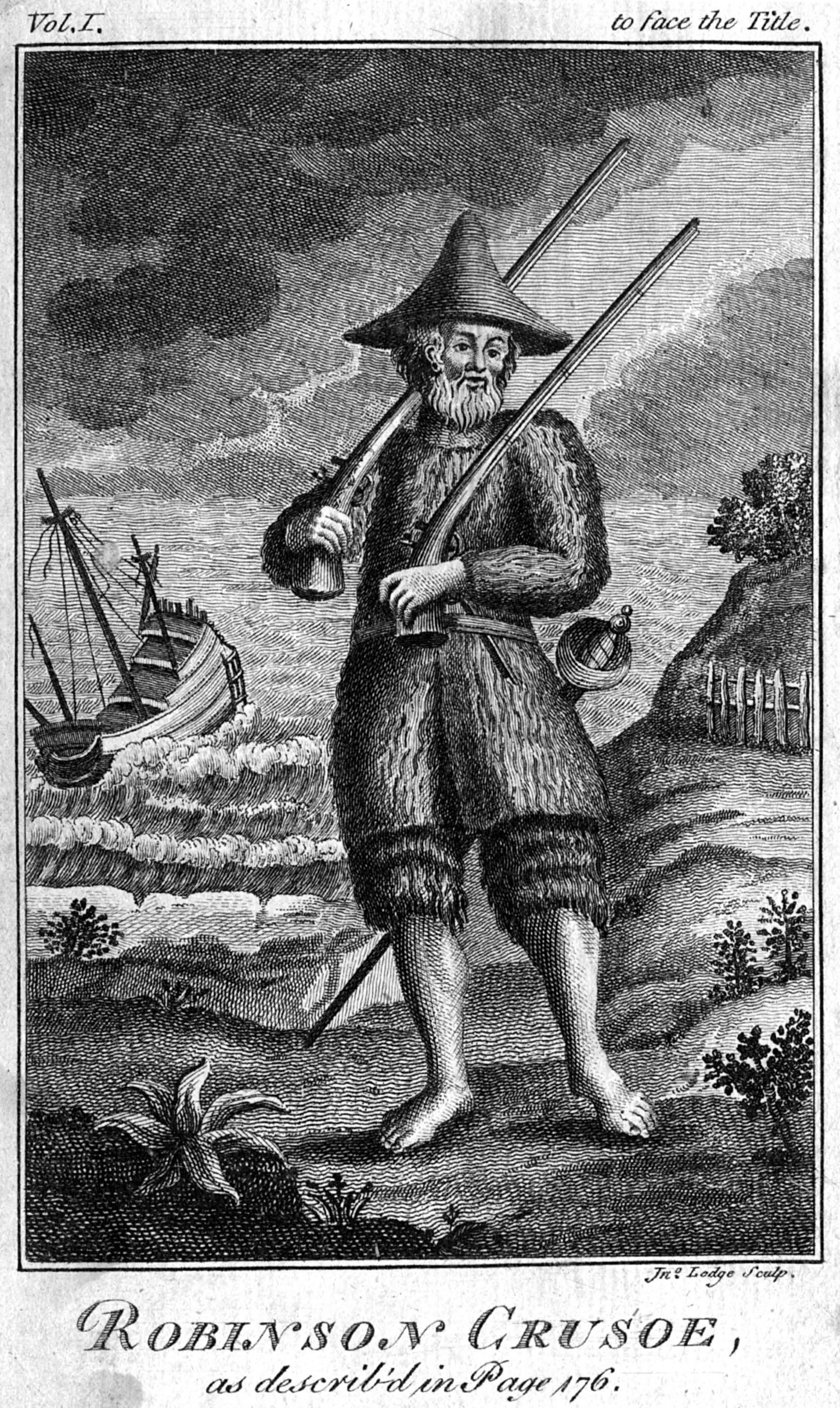Golly gee. Academic literary critics are going to hate Faulks on Fiction like sin. Here is Sebastian three-for-two Faulks, if you please, clumping onto their turf with a book of reflections on a couple of dozen great novels. And he declares in his introduction, with some pride, that he intends to take ‘an unfashionable approach’ and examine characters in these books ‘as though they were real people’.
And he then divides them into four character types — Heroes, Lovers, Snobs and Villains — without so much as footnoting a structuralist ethnographer, instead declaring ex cathedra that these are ‘the four character types that British novelists have returned to most often’. And he blithely describes how ‘we’ react to books. And he uses the words ‘universal human truth’. And he describes how he, personally, blubbed at the end when he reread Emma. And it’s the tie-in to a blasted TV series.
The introduction alone is enough to keep the correspondence columns of the TLS filled with words like ‘jejune’ and ‘under-theorised’ and ‘palaeolithic’ and ‘intentional fallacy’ for a good six months. And don’t think he doesn’t know it. You have to salute that.
We’re in the library with the large Scotch rather than in the seminar room with the magnifying glass. The tone is conversational, airy, not afraid of the odd cliché — a ‘slow-motion car-crash’ here; a ‘firework display’ there — and not afraid of gush. ‘Nothing made by humans can be perfect, but surely Emma comes as close as any novel in English,’ he writes at one point; not 20 pages later, he’s on to Great Expectations, which ‘probably comes as close as anyone in Britain contrived in the 19th century to the perfect novel.’
However, a certain wideness and imprecision of gesture here is not the mark of sloppiness but of enthusiasm. This is a book determined not to be pinched or cautious, and the disclaimer that it ‘does not purport to be a work of literary criticism, still less of scholarship’, though likely to be ignored by its detractors, is absolutely fair.
Here is somebody who has read or reread, intelligently and very carefully and with a technician’s experience, a number of big and sometimes difficult books, and striven to see how they go about the business of being interesting to ordinary readers. Then he’s tried to explain it in a way that’s also interesting to ordinary readers — jokey, aphoristic, full of personal anecdotes and warm-blooded opinions.
Nor — in Faulks’s actual readings of the texts — is he either philistine or imprecise. He’s very decisive and particular about what works in a given novel and why it works and how it works. He’s quick to spot when plotting becomes voulu, and he’s sharp in identifying the centres of gravity of the very various books he writes about. He’s attentive, too: one of his very rare footnotes tells us that Bertie Wooster’s old headmaster, the Rev Aubrey Upjohn, ‘appears in a late book as the Rev Arnold Abney’, and regrets that successive editors have not picked it up.
So his ‘naive readings’ aren’t as naive as they might sound. And one rival school of naive reading gets very short shrift from him: the one, found in both scholars and audiences at book-signings, which insultingly refuses to believe that novelists make characters up, rather than crib them from real-life originals. He’s still narked that, when Vince Cable plugged Birdsong in a magazine, ‘he assured readers that I had based it on letters of my grandfather that I’d found in an attic. But there were no letters and no attic.’
One warning: Faulks weaves his remarks, most of the time, around a plot summary. That means he can’t avoid telling us a good deal of what we already know, and too much of what we don’t: crudely, if you’ve read the book in question, you know whodunit; and if you don’t, argh! Faulks on Fiction should have ‘spoiler alert’ stamped across its cover in big friendly letters.
There’s plenty to argue with and/or smile at. Faulks attempts to ease Dickens off the hook on the old anti-Semitism rap, offering en passant a nice critical stab: ‘If there is anything of the Jewish stereotype in Fagin, it is of the mother.’ He asks in a parenthesis: ‘Was there ever a better short story titler than Conan Doyle?’ (I vote Saki and Damon Runyon for a start.) And he jokes, in the course of making the obvious but bears-repeating point, that all first-person narration is unreliable: ‘Perhaps the only “reliable” narrator the novel has ever produced is the authorial omniscience of Henry James.’
Faulks being a practitioner as well as a critic — and I don’t think it’s an insult to say he’s a practitioner in some senses before he’s a critic; that’s his temperamental side of the fence — you pick up a slightly agonistic swagger in his strictures on other novelists. He raps knuckles, and has fun doing so. When the cock crows thrice at the end of Tess, for instance, he writes: ‘You feel Hardy mumming and gurning in the foreground of what had been a delicately painted picture’. Graham Greene gets a pasting too:
In almost all his major characters, Greene will go for the quick frisson of neat contradiction rather than the long satisfaction of unresolved complexity […] he is a barman who only serves one drink.
And what he has to say about Hampstead novels and what they owe The Golden Notebook is splendidly bitchy.
In-depth analysis comes and goes. The chapter on Jeeves is more or less a thank-you letter (Faulks quotes Waugh’s remark that criticising Wodehouse is like taking a spade to a soufflé) and the chapter on James Bond is more about how Faulks wrote Bond than about how Fleming did. It’s at once self-defence against a charge nobody was really making — that a writer proud of his credentials as a literary novelist shouldn’t have written a potboiler — and a description of criticism-by-imitation. Faulks explains how he identified the pieces of Fleming’s James Bond Meccano kit before putting it together.
One piece of that Meccano kit was eggs. I was a little thrilled when I read Faulks huff that ‘some people queried the number of eggs my Bond consumed, but I can only say that Fleming’s ate more.’. I was that ‘some people’, or one of them at least, and my heart is still slightly broken that my original payoff — ‘I’m Bound … James Bound’ — was deemed too childish to appear in the printed version of my review. The killjoys who took that joke out are the sort of people who will ostentatiously dislike Sebastian Faulks’s new book.








Comments